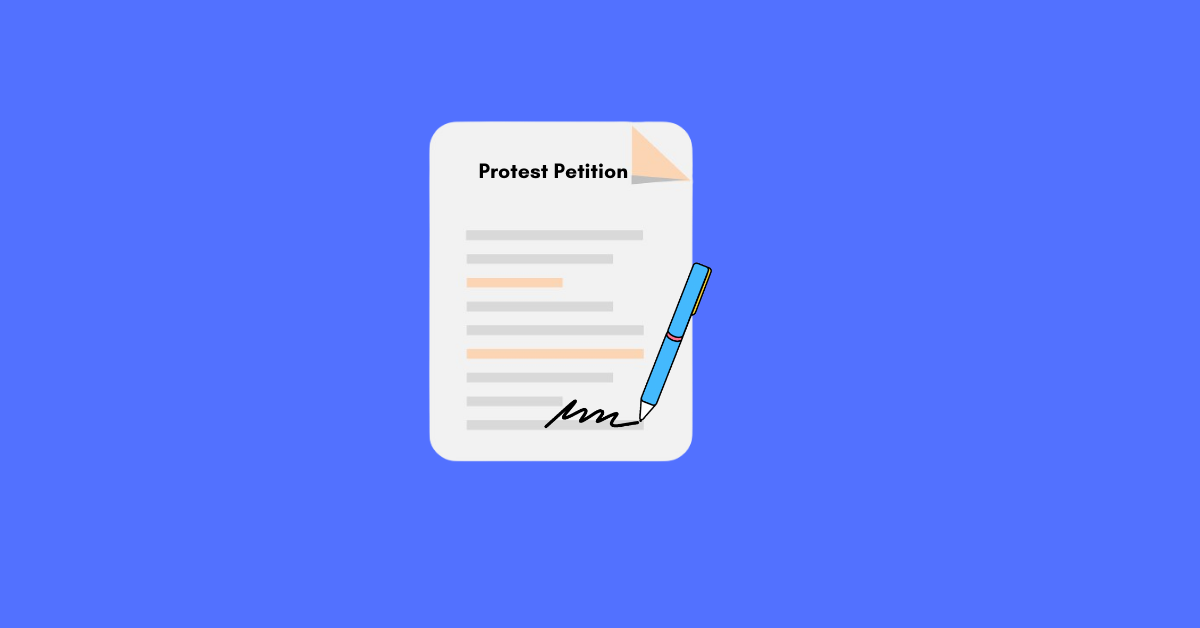Introduction
The Supreme Court of India, in the case of Zunaid Vs State Of U.P. & Ors, has provided clarity on the options available to a Magistrate when dealing with a protest petition 1. This article aims to provide a comprehensive analysis of the judgment and its implications.
What is a Protest Petition?
A protest petition is a judicial innovation that is undefined and omitted in the Criminal Procedural Code, 1973, or any other subsisting acts2. In layman terms, a protest petition bequeaths an aggrieved or unsatisfied person with the right to petition against a police report filed before the court once the investigation is made by the police. It is an opportunity granted to a victim or complainant to question the report made by police subsequent to investigation. This petition acts as a negative report and hence keeps a check on the ineptitude actions of the police.
The Questions at Hand
The case primarily dealt with three questions:
- Is it obligatory on the magistrate to always record reasoning that there is no evidence against the accused available in the final report before taking cognizance of a protest petition? The answer is No1.
- Is it obligatory on the magistrate to always direct further investigation before taking cognizance of a protest petition? The answer is No1.
- Does the magistrate have the power to take cognizance of the offence on a complaint or a Protest Petition while discharging the accused on the basis of non-availability of material in the final report? The answer is Yes1.
The Court’s Observations
The Court observed that upon receipt of the police report under Section 173 Cr.P.C., the Magistrate can exercise three options1:
- He may decide that there is no sufficient ground for proceeding further and drop action.
- He may take cognizance of the offence under Section 190(1)(b) on the basis of the police report and issue process.
- He may take cognizance of the offence under Section 190(1)(a) on the basis of the original complaint and proceed to examine upon oath the complainant and his witnesses under Section 200.
Magistrate’s Authority: Protest Petition Post Police Report Acceptance
The Court noted that even in a case where the final report of the police under Section 173 is accepted and the accused persons are discharged, the Magistrate has the power to take cognizance of the offence on a complaint or a Protest Petition on the same or similar allegations even after the acceptance of the final report1. A Magistrate is not debarred from taking cognizance of a complaint merely on the ground that earlier he had declined to take cognizance of the police report.
The Role of Judicial Discretion
The Court emphasized that a Magistrate, while exercising his judicial discretion, has to apply his mind to the contents of the Protest Petition or the complaint, as the case may be.
Conclusion
The judgment in the case of Zunaid Vs State Of U.P. & Ors provides significant insights into the options available to a Magistrate when dealing with a protest petition. It underscores the importance of judicial discretion and the balance between the rights of the accused and the pursuit of justice.
Learn More:














